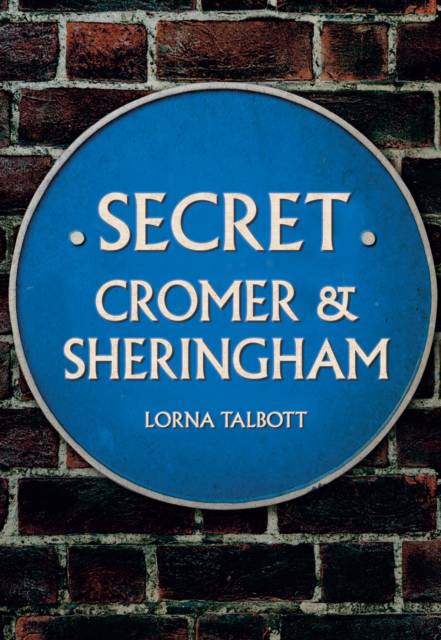
- Retrait gratuit dans votre magasin Club
- 7.000.000 titres dans notre catalogue
- Payer en toute sécurité
- Toujours un magasin près de chez vous
- Retrait gratuit dans votre magasin Club
- 7.000.0000 titres dans notre catalogue
- Payer en toute sécurité
- Toujours un magasin près de chez vous
Description
The north Norfolk coastal towns of Cromer and Sheringham, roughly 4 miles apart, were both small fishing villages until their development in the nineteenth century. Cromer became a fashionable resort and the arrival of the railways spurred growth in neighbouring Sheringham. Both towns are still popular with visitors to this stretch of north Norfolk, romantically nicknamed 'Poppyland' by the Victorians. In this book author Lorna Talbott delves into the history of Cromer and Sheringham. Part of medieval Cromer now lies under the sea and the remains of its church became a shipping hazard in later centuries. The history of both towns is intertwined with the fishing industry, particularly for crabs, but industries such as lime burning and brick making left their mark on the local landscape and other less legal trades such as smuggling were also practised. Throughout their history sea rescue was vital to Cromer and Sheringham and many in the towns served in the often perilous work of the lifeboats. The leisure industry also grew as the towns became popular with visitors and at one time were promoted as spa towns. The Victorians built grand hotels as well as starting the caravan trade. The first pier in Cromer's history was built in the fourteenth century and today's pier has seen a fascinating roll call of entertainers over the years. Secret Cromer & Sheringham explores all this and more, revealing the secrets of these Norfolk towns.
Spécifications
Parties prenantes
- Auteur(s) :
- Editeur:
Contenu
- Nombre de pages :
- 96
- Langue:
- Anglais
- Collection :
Caractéristiques
- EAN:
- 9781445690049
- Date de parution :
- 15-07-19
- Format:
- Livre broché
- Format numérique:
- Trade paperback (VS)
- Dimensions :
- 165 mm x 234 mm
- Poids :
- 300 g

Les avis
Nous publions uniquement les avis qui respectent les conditions requises. Consultez nos conditions pour les avis.






